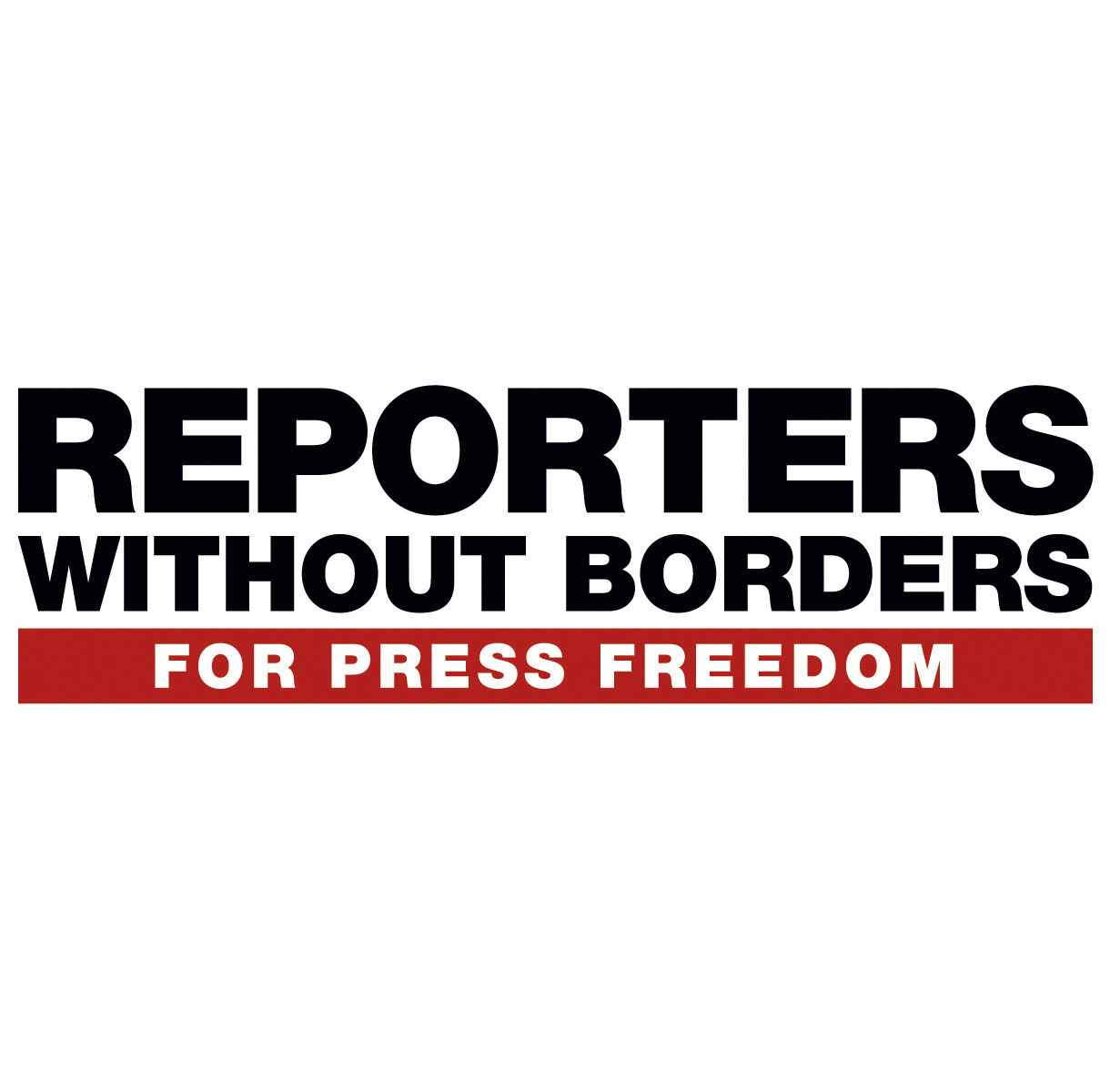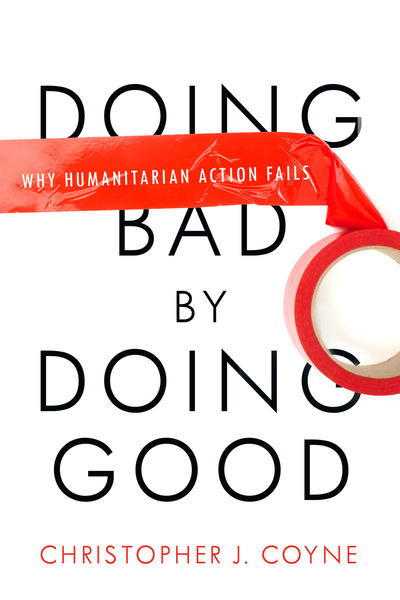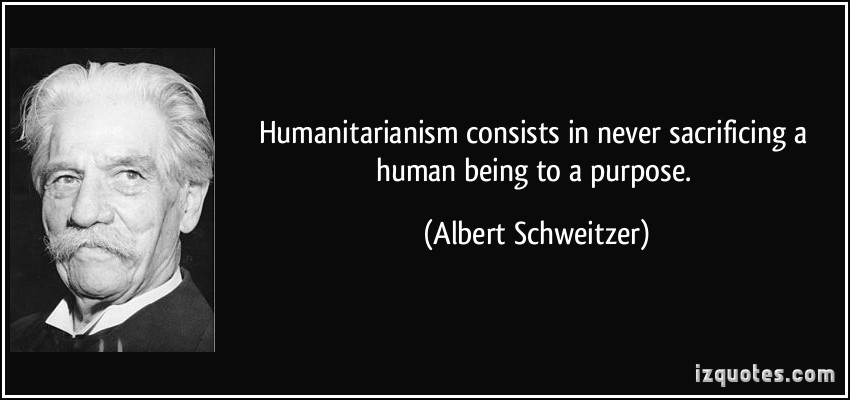Social
Media, (along with most other things) is still ruled by the government in
Morocco. They, (the government,) has formulated a specific and strict list of
rules applying to what can and cannot be discussed under any media platform in
the area.
“Morocco’s
constitution guarantees
freedom of expression, but the press law prohibits criticism of the monarchy
and Islam, and effectively bars coverage of taboo subjects, including the royal
family and the government’s position on the status of Western Sahara. Libel
remains a criminal offense that carries potentially exorbitant fines or prison
terms, and legal cases are a primary method of repressing critical reporting.” (FreedomHouse)
Journalists
continue to heavily practice the art of self-censorship. If they chose not to,
they face large fines, prison time, or even as much as physical violence for
telling their stories. Sensitive subjects such as the military, national
security, religion, and sexuality, still seem to taunt journalists as matter
that they are forbidden to touch. The strict laws and heavy punishments aren’t
always enough to keep the journalists away though, as many times we can see the
reporters dabbling in touchy subject matter.
“According to the
constitution, the press in Moroccan-occupied Western Sahara is free, but this
is not the case in practice. There is little in the way of independent Sahrawi
media. Moroccan authorities are sensitive to any reporting that is not in line
with the state’s official position on Western Sahara, and they continue to
expel or detain Sahrawi, Moroccan, and foreign reporters who write critically
on the issue.” (FreedomHouse)
Any resources mentioning or linked to alternative viewpoints
are not easily accessible to the people of Morocco.
Morocco has a long way to come to be even and globally
connected with many larger and more developed countries in the world. The
movement towards reporter freedom and social media growth could be a huge start
for the region.
Sources
https://freedomhouse.org/report/freedom-net/2013/morocco#.VIaL0r5AbjQhttp://sites.psu.edu/northafricacomm410/2013/12/11/social-media-is-reshaping-news-in-morocco/
https://subsaharanafricanorthandwest.wordpress.com/2014/12/09/week-25/











